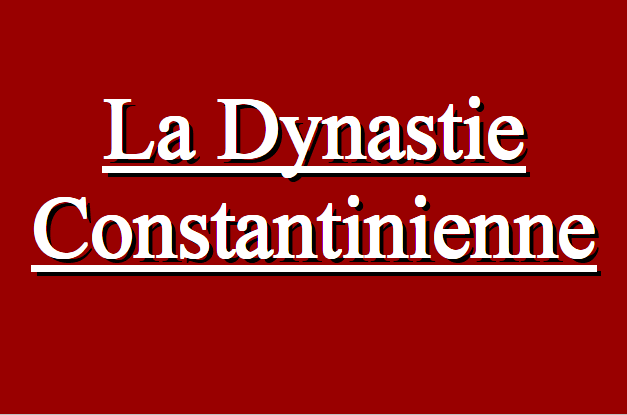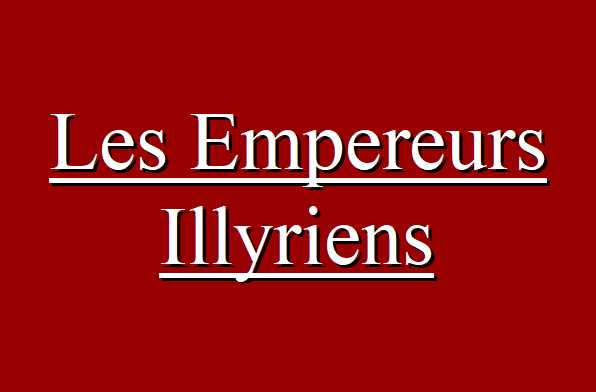Hi, today we’re going to talk about the 5 most important emperors. For this, I will base myself on what they did during their reign, their conquests for the Empire … As there is a lot of information about these emperors, I can only make small summaries. If you have other emperors to suggest, put it in the comment space. Have a good read.
Augustus (63 BC – 14 AD)
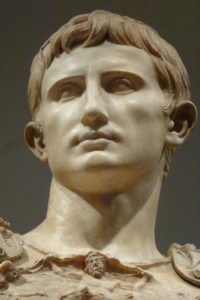
Augustus was part of the Julio-Claudian dynasty and was the first emperor to have reigned. He ruled from -27 to 14 after succeeding his adoptive father Julius Caesar. His successor was one of his adopted sons Tiberius. During his reign, Augustus put several actions in place. Indeed, it was at the origin of the Roman Empire and the rallying of Egypt, Dalmatia, Pannonia, Noric, Rhine, Rhetia, Africa, Germany and Hispania to the Empire and then allowed the Empire to stabilize. In addition, he was responsible for the construction and rehabilitation of many buildings in Rome, he had many Roman roads built, set up the army permanently and created a police and firefighting system in Rome. He died in 14 AD probably naturally.
Claudius (10-54 AD)
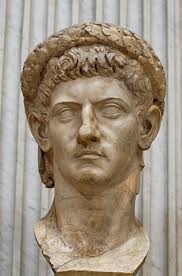
Claudius was part of the Julio-Claudian dynasty and was the fourth emperor to have reigned. He ruled from 41 to 54 AD. He was Caligula’s successor and was himself succeeded by his adopted son Nero. Claudius is well known for being an emperor with speech problems as well as physical disabilities which, as a result, made him unloved by his family. During his reign, he expanded the Empire by associating new lands such as Lycia, Mautania, Thrace and Even Noric and launched the conquest of Brittany (now Great Britain). In addition, it allowed citizens of provinces such as Gaul to acquire Roman citizenship. Claude died in 54 AD probably poisoned by his wife Agrippine.
Domitian (51-96 AD)
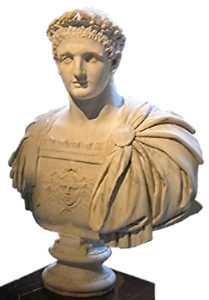
Domitian was part of the Flavian dynasty and was the eleventh emperor to rule. He ruled from 81 to 96 AD. He succeeded Titus and Nerva would be his successor. During his reign, he campaigned as in Brittany but also wars against the Germans and the Daces. In addition, he launched a program to rebuild Roma, which had been affected by several fires, and reassessed the coin. The weight of the money increased from 2.87g to 3.26g and then from 3.26g to 3.04g. He died in 96 AD, murdered by members of his court.
Hadrian ( 76-138 AD)
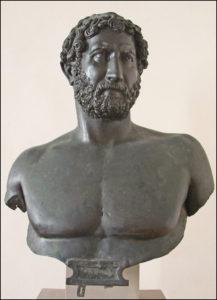
Hadrian was part of the Antonine dynasty and was the fourteenth emperor to have reigned. He ruled from 117 to 138 AD. He succeeded Trajan and Antoninus the Pious will be his successor. During his reign, he ended his predecessor’s policy of expansion in order to consolidate the Empire. Indeed, he spent part of his reign rebuilding the borders of the Empire, notably with the “Hadrian’s Wall” which was the border separating the Roman Empire from Scotland, and he spent many years travelling to make the Roman provinces better integrated into the Empire. He died in 138 due to illness.
Antoninus Pius (86-161 AD)

Antoninus Pius was part of the Antonine dynasty and was the fifteenth emperor. It prevailed from 138 to 161 AD. He succeeded Hadrian and Marcus Aurelius was his successor. During his reign, he followed the same path as Hadrian by consolidating the borders. For example, he doubled Hadrian’s Wall. Moreover, he was very devoted to his father, to the Senate, to the Gods … which earned him the nickname “Pius”.
It is also believed that his reign marked the decline of the Empire because it took place during the latter’s heyday and as Antoninus the Pious made no conquest during his long years in power, the Empire lacked resources. Indeed, it was mainly financed by the spoils of war, which then caused the beginning of its decline even if the latter was only visible from the following reigns. Antonin Pius died in 161, probably from malaria.
I hope you enjoyed these short summaries. If you have another top to suggest, mark it in the comments. As for the next article, he will talk about “the biggest received idea of antiquity” so don’t miss it. See you next week!
Previous article: The 3 best metal detectors
Get my free book Around the Roman Coin by clicking here

